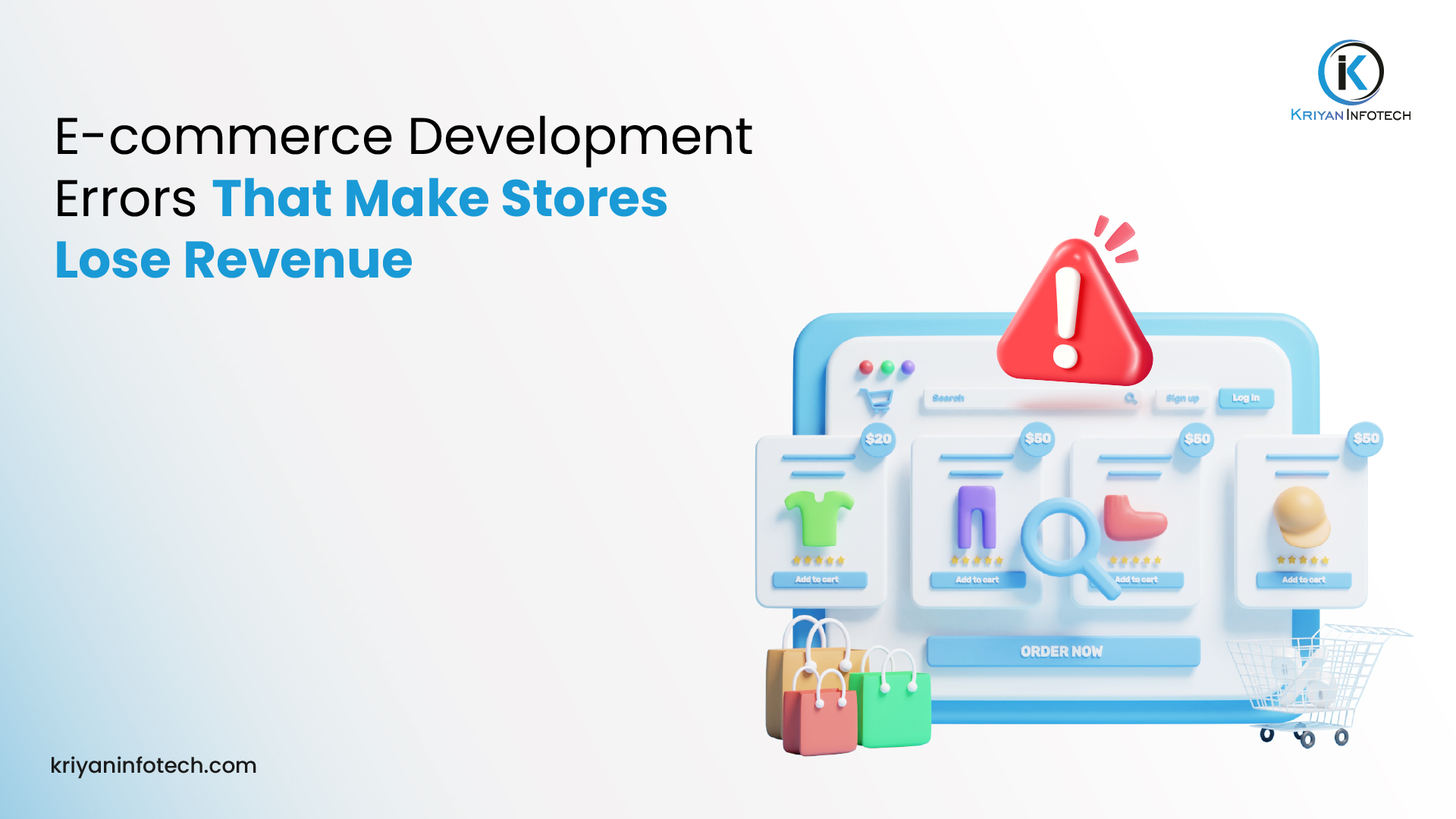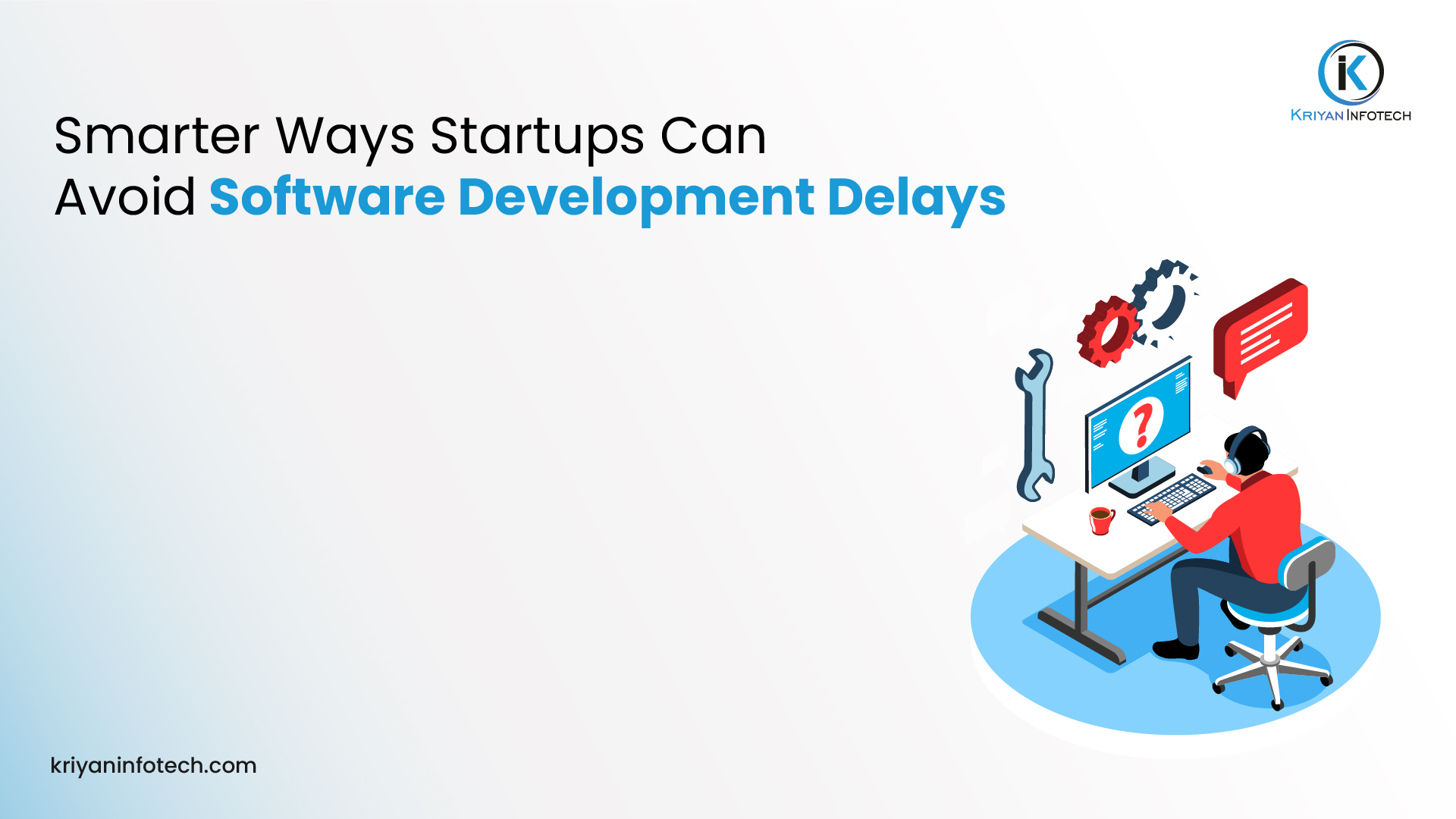
Social Media Secrets: How to Connect with Gen Z Audiences
Introduction
Born between the mid-1990s and early 2010s, Gen Z—also known as digital natives—spends a significant amount of their time on social media platforms. Unlike older generations, their social media usage isn’t just for entertainment; it’s a way to connect, express, and discover brands that resonate with their values.
For marketers, the challenge is real: How can we effectively target Gen Z on social media without being ignored or overlooked? This blog will uncover actionable Gen Z marketing strategies, helping you reach Gen Z on social media and authentically engage with this influential demographic.
Why Gen Z Matters for Marketers
Before jumping into strategies, let’s understand why Gen Z should be a focal point in your social media campaigns:
- Immense Purchasing Power: Gen Z is estimated to have over $360 billion in disposable income.
Social Media-Centric: Over 80% of Gen Z use social media platforms daily. - Influence Beyond Themselves: Their digital choices influence their families and older generations.
- Values-Driven Consumers: They prefer brands that align with their social, ethical, and environmental beliefs.
To unlock this potential, businesses must tailor their Gen Z marketing strategies to be authentic, creative, and relatable.
Top Strategies to Reach Gen Z on Social Media

1. Prioritize Authenticity Over Perfection
Gen Z values real, raw, and relatable content. Highly polished and scripted posts often need to resonate with this audience.
- Share Behind-the-Scenes Content: Show the human side of your brand through stories or live videos.
- User-Generated Content (UGC): Encourage your customers to share and feature their experiences.
- Avoid Over-Selling: Authentic engagement builds trust more effectively than aggressive marketing.
Example: Brands like Glossier thrive on UGC, encouraging their followers to showcase the product in real-life settings.
2. Leverage Short-Form Video Content
Platforms like TikTok, Instagram Reels, and YouTube Shorts are the hub for Gen Z engagement. Video content is fast, fun, and more likely to be shared.
- Create Trend-Based Content: Jump on viral challenges, trends, or hashtags.
- Be Quick and Entertaining: 10 to 30 seconds is ideal for holding attention.
- Educational Content: Combine entertainment with value—quick how-tos, product hacks, or tips.
Example: Brands like Chipotle engage Gen Z with fun, relatable TikToks featuring humor and trending sounds.
3. Focus on Platforms Where Gen Z Spends Time
To engage Gen Z on social media platforms, you need to focus on where they are most active:
- TikTok: For entertainment, trends, and discovery.
- Instagram: For Reels, Stories, and aesthetics.
- Snapchat: For personal connections and brand storytelling.
- YouTube: For tutorials, reviews, and authentic content.
- Discord and Reddit: For niche communities and direct engagement.
Customize your content strategy to fit each platform’s purpose and style.
4. Align with Social Causes and Values
Gen Z cares deeply about social justice, sustainability, and diversity. Brands that reflect these values have a stronger connection with this audience.
- Highlight Sustainability Efforts: Share how your brand reduces its environmental impact.
Support Social Causes: Align with movements that matter to your audience. - Be Inclusive: Ensure your campaigns represent diverse voices.
Example: Patagonia’s eco-friendly campaigns resonate deeply with Gen Z’s sustainability concerns.
5. Collaborate with Influencers and Creators
Influencer marketing is one of the most effective Gen Z marketing strategies. However, Gen Z prefers creators who are relatable rather than overly promotional.
- Partner with Micro-Influencers: They often have higher engagement and authentic relationships with their followers.
- Co-Create Content: Allow influencers to showcase your brand in their style.
- Run Interactive Campaigns: Challenges, giveaways, and collaborations encourage participation.
Example: Influencers on TikTok frequently create authentic, entertaining content showcasing brands in natural ways.
6. Use Interactive Content to Boost Engagement
- Gen Z loves interacting with brands. Static content alone won’t engage them—you need interactive elements.
- Polls and Q&A Sessions: Use Instagram Stories or Twitter to collect feedback and insights.
- Quizzes and Challenges: Platforms like TikTok encourage participation through trending challenges.
- AR Filters: Custom filters on Instagram and Snapchat create a fun way to interact with your brand.
7. Be Responsive and Conversational
Unlike traditional marketing, Gen Z expects two-way communication. Responding quickly to comments and messages is key to building trust and relationships.
- Engage in Real-Time: Reply to comments, messages, and mentions.
- Host Live Q&A Sessions: Address questions and feedback directly through live streams.
- Be Humorous: Gen Z appreciates wit and humor in brand interactions.
Key Platforms for Targeting Gen Z
1. TikTok: For creativity, trends, and high visibility.
2. Instagram: Reels, Stories, and UGC-driven content thrive here.
3. Snapchat: Great for personal, authentic brand storytelling.
4. YouTube: Long-form tutorials, reviews, and brand videos.
5. Twitter: Engaging through trends and humorous brand voice.
Conclusion
Reaching Gen Z on social media requires creativity, authenticity, and a deep understanding of their values. Brands that embrace short-form videos, collaborate with influencers, and engage in meaningful conversations are far more likely to capture their attention.
If you want to elevate your Gen Z marketing strategies and build lasting connections, Kriyan Infotech is here to help. As a leader in social media marketing services, we specialize in creating strategies that resonate with Gen Z audiences.
Ready to connect with Gen Z? Contact Kriyan Infotech today to grow your brand’s presence and engage the next generation of consumers!
Frequently Asked Questions (FAQs)
10. Surreal and Dreamlike Visuals
7. Be Responsive and Conversational
Get in Touch
2. Install Create-React-App
E-commerce Development Errors That Make Stores Lose Revenue
Introduction Running traffic to your online store is...
Smarter Ways Startups Can Avoid Software Development Delays
Introduction For startups, time isn’t just money; it’s...
How Bad UI Can Impact User Experience and Conversions
Introduction You can spend thousands on ads, SEO,...



